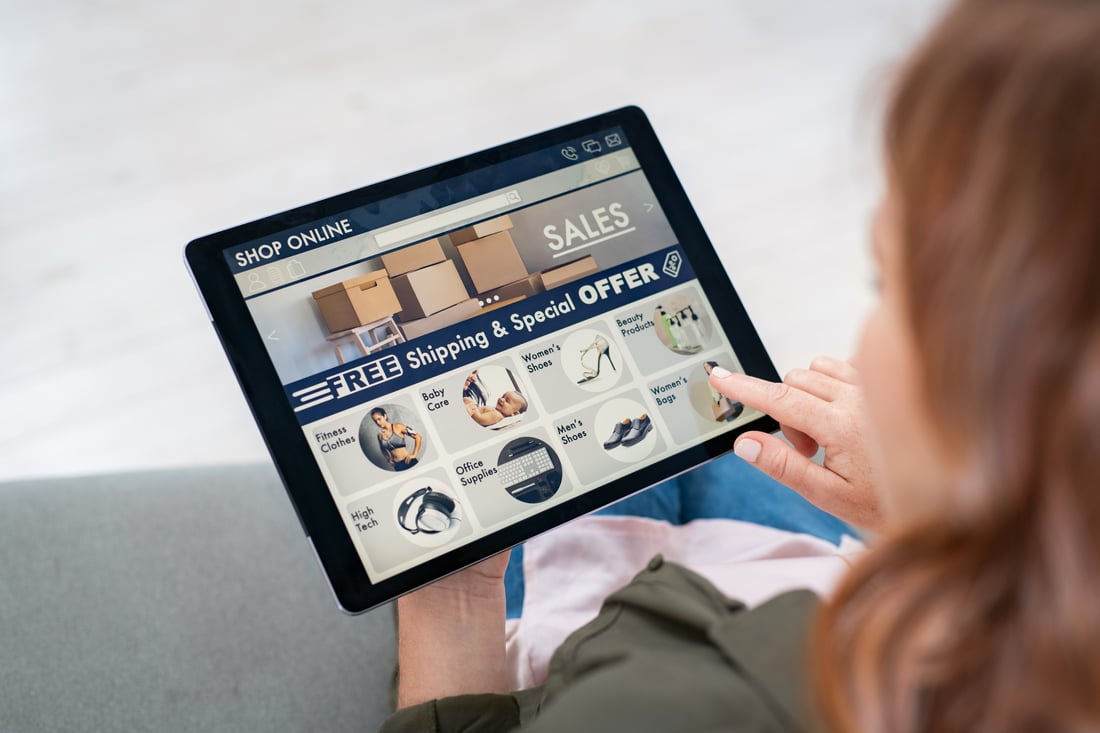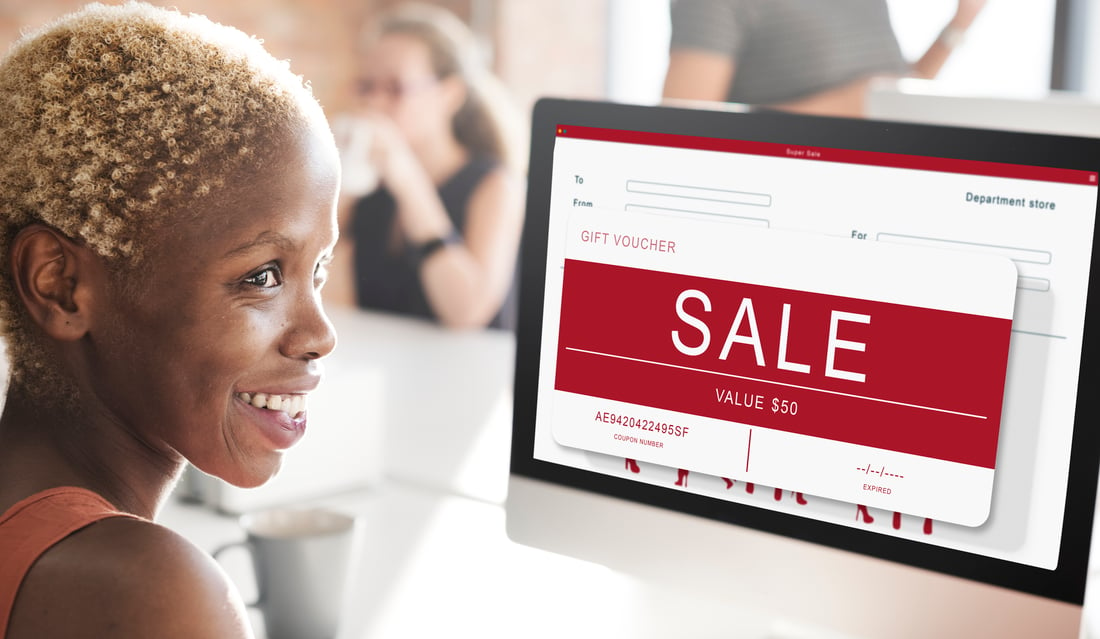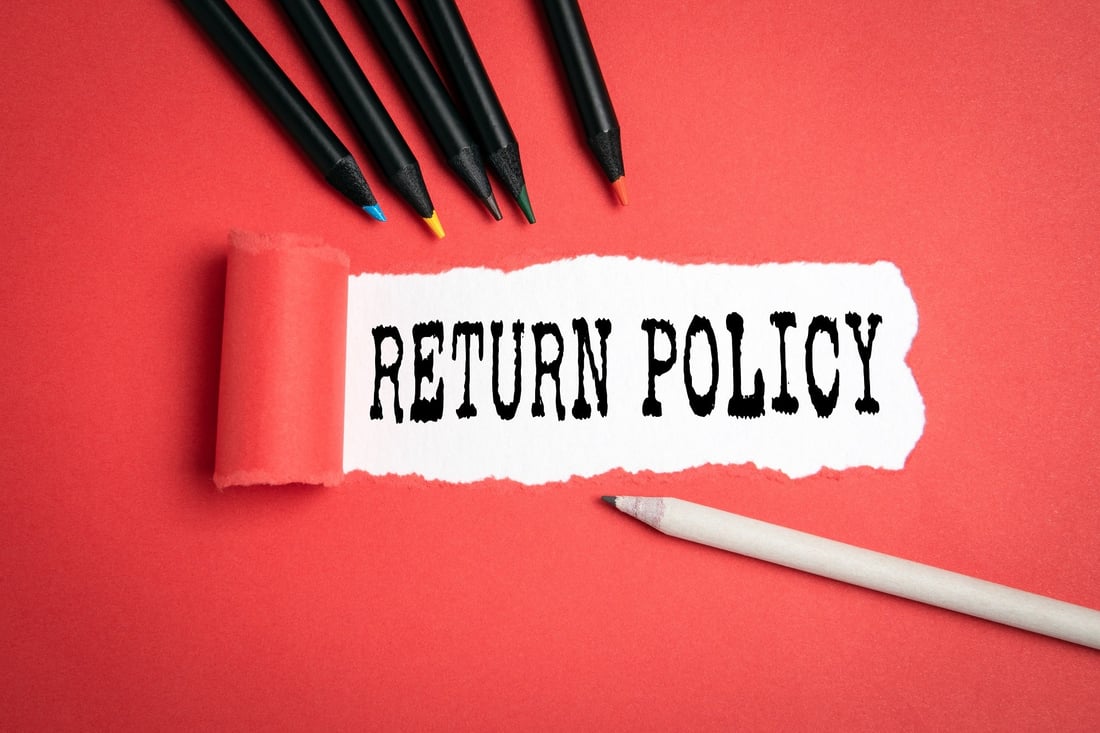Some call it spying, while others call it market research. No matter what your word for monitoring your competitors is, a little bit of deep digging is essential to both eCommerce newcomers and those looking to expand their operations. You might find that they’ve got some cool practices or nifty inventory management strategies that you could incorporate into your business, or even that you’ve got a definite leg up. While you can easily see how your competition markets and sells their products, knowing what their post-purchase experience is like is just as important.
Read on to learn how taking a peek at your competitor’s fulfillment strategy can help you optimize your business and stand out among the competition. You might even find yourself becoming a bona fide detective along the way!
Step 1: Check Out the Competition

Before you get into the nitty gritty of fulfillment, it’s helpful to find out a little more about how your competitor approaches sales and marketing. The following questions will be especially useful:
- What sales channels are they using to sell their products?
- Do they offer a different assortment of products on each channel, or are they selling the same products across the board?
- Do they bundle their products?
- Do they recommend similar or complementary products?
- How do their prices compare across their sales channels?
- How do their prices compare to your prices?
- What kind of sales or promotions do they have?
- How do they market their products?
- Do you have full access to analyze their website? If not, try using a VPN to change your location so you can analyze your competitors’ websites anonymously. There's a lot of free VPN software out there that you can make use of. While using a VPN can enhance your privacy, it's important to ask are free VPNs safe? Understanding the risks and benefits can help you make an informed choice and protect your data while browsing securely.
They say knowledge is power, and that certainly rings true when it comes to researching your competition! The more you find out about your competitors, the more you’ll be able to craft a brand that truly stands out.
Step 2: Order Some Product

Black top hat? Check. Fake mustache? Check. While these items are optional, they’ll certainly help you get in the mood for the first stage of your spying mission: online shopping. As you move through the checkout process, be sure to keep these questions in mind:
- Was the checkout process easy to navigate? Why or why not?
- What kind of shipping options were available? Did they offer free shipping? How about international shipping?
- Was shipping calculated before checkout?
- What did the order confirmation page say? Did it give you next steps?
- Did they offer any post-purchase promotions or upsells?
You can also try exiting out of your shopping cart after entering your email address to see how your competitor approaches cart abandonment. For instance, see how long it takes to receive an email sequence and if any special promotions are given to you to incentivize checkout.
Step 3: Wait for Your Order to Be Delivered

Waiting, otherwise known as everyone’s favorite pastime, reveals some very useful information about your competitor’s fulfillment strategy. Before your order is delivered, it’s likely you’ll receive two emails: one to confirm your order was received, and the other to confirm it was shipped. Pay attention to these emails noting the speed in which they’re delivered, their tone, and the kind of information you get out of them. For example, did the shipping email include a delivery date and are you able to track your order? These emails are one of the first ways in which eCommerce business owners establish a line of communication with their customers, and they’re important gauges of how a business presents itself and the level of service they provide.
Additionally, waiting periods are opportunities for companies to show just how they’re able to solve tricky situations. For example, let’s say you ordered an item that was actually on backorder. If that happens, make the most of this inconvenience by carefully analyzing how your competitor handles this. Do they make it up to you by replacing your product? Leave it as is, but refund your shipping costs? Do nothing? If a problem does arise, you’ll be able to get a good grasp on both your competitor’s customer service chops as well as how well they work together with their fulfillment provider to turn problems around.
Step 4: Unbox Your Order Once It’s Delivered

Now to the fun part! Your order has arrived, hopefully intact and ready for examination. Unboxing should be the most gratifying stage of the purchasing experience, which is why this step requires special attention. We recommend capturing some photographic evidence to refer back to. Here’s what you should be taking into account:
- how the package was delivered
- the shipping and packaging materials used
- the presentation of the products, as well as extra items like invoices, packing slips, and promotional materials
As you take your snaps, think about the unboxing experience as a whole. If it’s a positive one, you might get some great ideas on how you can take your own unboxing to the next level. If not, then you know exactly where you have a leg up!
Step 5: Return the Product

The way a company handles returns speaks volumes, not just in regard to their fulfillment strategy but also to their longevity as a whole. In fact, a positive return experience has been shown to boost customer loyalty. The importance of returns makes them a key part of your spy mission, as returning your order will be a great opportunity to observe both your competitor’s policies and the efficacy of their fulfillment in a non-ideal situation. Of course, you don’t actually have to return anything in this step. If you ended up loving your competitor’s footed pajamas, no one has to know!
As you begin your return process, consider the following:
- What was the process for initiating a return? What information was required of you?
- Were you provided with a shipping label and paid-for shipping? Or were you simply given a return address with no additional help?
- If you went through with your return, what kind of email confirmations did you receive? How long did it take?
Bonus: You see the return address on your order? That could very well be your competitor's fulfillment center! For some thorough snooping, simply open up Google to get business hours, reviews, and more. Be prepared for a possible career change when the CIA eventually tries to recruit you.
Step 6: Analyzing Your Findings

It’s time to put it all together! Look over the data you’ve gathered from steps 1 through 5 to get a comprehensive overview of your competitor’s fulfillment strategy. You should know all about their approach to sales and marketing, as well as how they handle both purchases and returns. The goal of comparing your business to a competitor is not to be the same as them or copy them in any way, but to understand how your business can continue to thrive and improve.
Have you ever tried spying on a competitor? How did it go? We’d love to know in the comments down below!
-
You’ll read about:
Be the first to know
Subscribe to our newsletter





